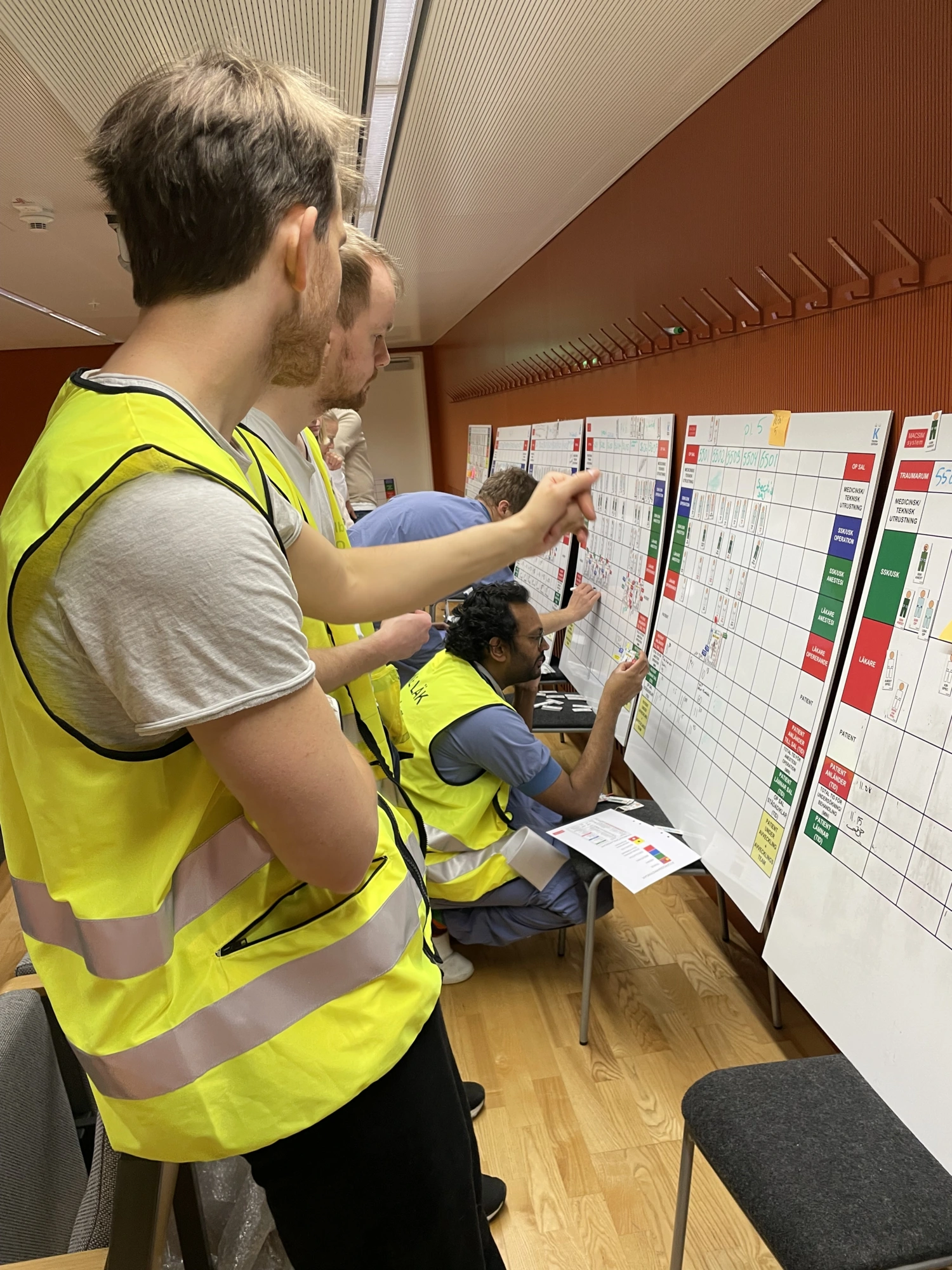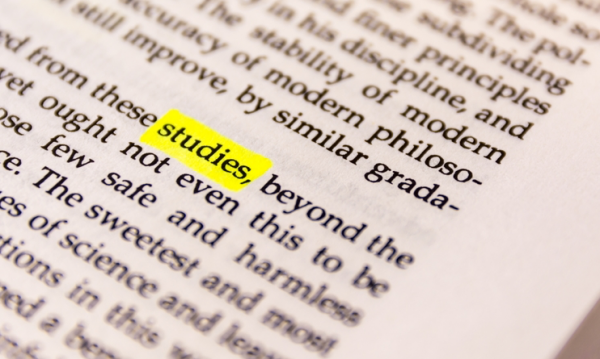Two important commitments have been delivered on by the Palaszczuk Government in Parliament today, with the passage of legislation to establish Queensland’s first Rehabilitation Commissioner and put in place landmark reforms in Biodiscovery.
Minister for Environment and the Great Barrier Reef, and Minister for Science Leeanne Enoch said the Biodiscovery reform was a critical step towards recognising the rights First Nations peoples hold in relation to their traditional knowledge.
“This reform, which is a Palaszczuk Government priority, recognises and respects the rights of First Nations peoples when it comes to biodiscovery, and develops the potential for even more economic and employment opportunities for First Nations communities throughout Queensland,” Ms Enoch said.
“Under these legislative changes research institutions, universities and the private sector must now seek agreement with First Nations peoples before using their resources or traditional knowledge for biodiscovery.
“First Nations peoples play a critical role in conserving biodiversity, and through genuine partnership with the research sector, can teach and pass this knowledge on.
“It will promote the contributions of Indigenous peoples involved in biodiscovery projects, open up job opportunities and contribute to Queensland’s plan for economic recovery focusing on boosting jobs, skills and training.” Ms Enoch said.
Biodiscovery makes a valuable contribution to the State’s economy through innovative research and the commercialisation of products, vaccines, pharmaceuticals, agricultural solutions, insecticides and even sunscreen, from native biological material.
“We want to ensure Queensland continues to be a leader in scientific discovery in Australia and internationally,” Ms Enoch said.
“Queensland was the first Australian state to introduce legislation about biodiscovery, and the reform will help those in the biodiscovery industry to collaborate internationally and access important global markets.”
David Claudie, Kuuku I’yu Northern Kaanju Traditional Custodian and Chairperson of the Chuulangun Aboriginal Corporation on Cape York Peninsula supports the reform.
“This reform is welcomed, giving legal recognition to the millennia of customary traditional knowledge held by First Nations people about Queensland’s biocultural and genetic resources and respecting the rights of Indigenous peoples in providing access to those resources,” Mr Claudie said.
“I look forward now to the development of a supporting code of practice that embraces our customary obligation to country and opportunities for benefit sharing whilst enabling Queensland researchers to access international markets through the free, prior informed consent of and collaboration with customary knowledge holders.
“Importantly, this reform is an opportunity for First Nations people to further utilise their traditional knowledge in the contemporary space by initiating and collaborating on projects that, with the appropriate planning and agreements in place, have the potential to provide financial and other important benefits for their communities.”
Legislation was also passed in Parliament today that will further improve Queensland’s world-leading mine rehabilitation framework and improve financial assurance outcomes for the State’s resources sector.
Minister Enoch said the Environmental Protection and Other Legislation Amendment Bill 2020 (EPOLA Bill) will ensure Queensland continues to lead the way in the resources sector and will encourage mine rehabilitation work in regional Queensland.
“This Bill is the next step in our Government’s work to improve mine rehabilitation and create jobs as part of Queensland’s plan for economic recovery,” Ms Enoch said. “In 2018, our Government passed important mine rehabilitation laws and this Bill delivers on the commitment we made at that time to establish a Rehabilitation Commissioner.”
The EPOLA Bill establishes the Rehabilitation Commissioner as an independent statutory position that will be responsible for monitoring and reporting on rehabilitation performance and trends across Queensland.
“The Rehabilitation Commissioner will further enhance Queensland’s rehabilitation framework and provide clear advice on best practice rehabilitation for the mining sector,” Ms Enoch said.





